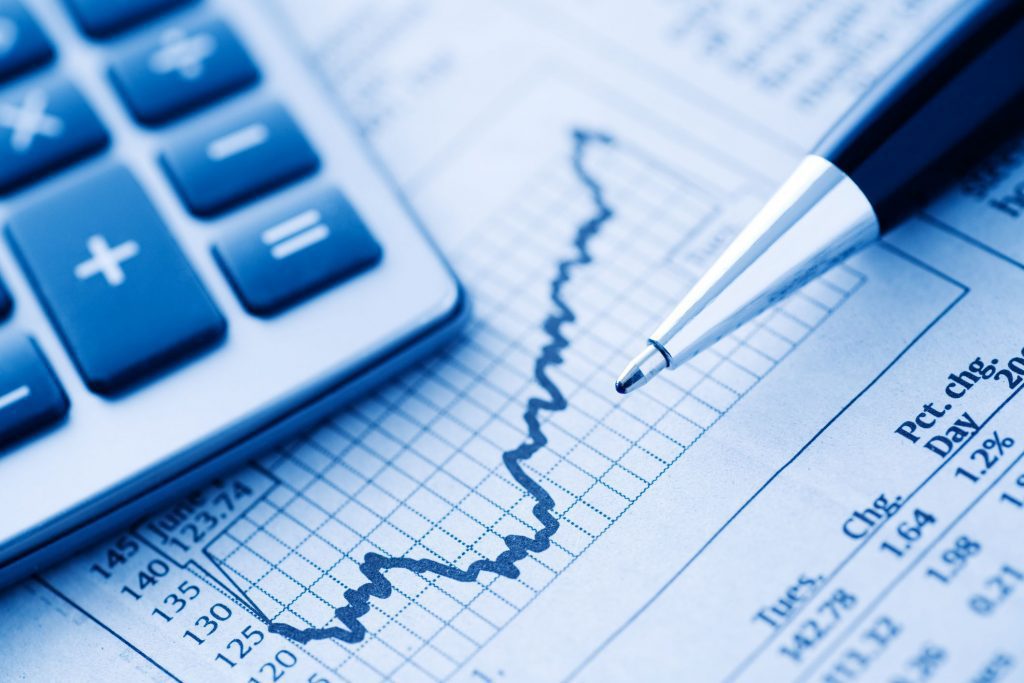
Most investors believe that mutual fund schemes are perhaps the best investment option for long term capitals gain.
But here’s the harsh reality of the mutual fund investments: A large number of mutual fund investors with fund holdings outside of 401(k), Roth IRA or other tax-advantaged accounts will be shocked to experience dramatic losses in their year-end tax documents sent by their brokers.
In fact, a report published in the Balance reports that an average investors who experienced losses of 30%, 40% or even 50% will now have to face the double whammy of capital gains taxes on these losses too.
Thinking it’s not possible? Well, sadly a large number of investors don’t really understand the way mutual fund investments work. Blame it on the complicated structuring of different types of mutual funds! But you don’t really need to worry if you’re reading this article for we’re going to pull the curtains and reveal 5 quick strategies to help you avoid those monstrous capital gains taxes.
1. Invest in Tax-Efficient Funds – As a rule of thumb, the primary objective of mutual fund schemes is to generate long-term profits for the investors of different risk tolerance level. But capital gains taxes may quickly eat up all the long-term returns generated by mutual fund schemes. This is where tax-efficient mutual funds come to your rescue.
Tax-efficient mutual fund schemes are thoughtfully designed to minimize the negative effect of capital gains taxes for investors. Here it is important to remember that tax-efficient funds don’t make taxable distributions. However, the investment strategies used when conceptualizing these investment products can help shareholders avoid capital gain taxes. Typically, tax-efficient mutual funds balance losing and winning holdings to help avoid taxable capital gains for shareholders.
2. Remember the Distribution Date – A large number of mutual fund schemes make capital gains distributions to the investors. These distributions are usually paid out towards the end of the fiscal year. Typically, growth funds are more likely to make capital gains pay-outs as against income funds. Growth funds invest in stocks, whereas income funds invest in bonds and deposit certificates.
Almost all mutual fund houses publish their stipulated dates for distribution of pay-outs every year. If you’re looking to dodge those monstrous capital gains taxes, you can sell off your funds before the stipulated distribution date.
3. Hold on to your Shares – For investors, there’s no way to find out their funds will make capital gains distribution or not. However, it is easy to avoid eliciting capital gains. You can do this by holding on to your mutual fund investment. Even if you make a profit, you wouldn’t need to pay taxes until you sell your shares. So if you buy and hold on to your investment, you will easily be able to avoid being slapped with monstrous tax on your capital gains.
4. Report your Losses – According to the IRS rules, if the fund performance is not good, investors can pair up their losses and gains to avoid or minimize the impact of taxes. If you incur losses on other investments that you are equal to the profits that you are making on your mutual fund shares, you’ll not be liable to pay any taxes. And that’s not all, if you’ve incurred additional excess losses, you may reduce your taxable income by up to $3000.
5. Don’t Withdraw from IRAs – Traditional IRAs (Individual Retirement Account) are yet another brilliant way to minimize the impact of taxes. If you make capital gain on IRAs, you will not incur any taxes until you don’t withdraw money out of the account. With the withdrawal of money from your tax-deferred IRAs, all the capital gains distribution becomes taxable. While IRAs help investors defer taxes, income tax on withdrawals add tinge of negative shades to this investment option. However, for people who do not wish to withdraw money, traditional IRAs can prove to be brilliant strategy to avoid capital gains taxes.
In the End!
In the recent months, many investors dumped their mutual funds owing to the total panic created by the credit crises and those monstrous capital gains tax. And now it has become important than ever to keep in mind dollar cost average, reinvest dividends, and focus on strong quality assets when investing in the best mutual fund schemes.
Contributed Content
HedgeThink.com is the fund industry’s leading news, research and analysis source for individual and institutional accredited investors and professionals








